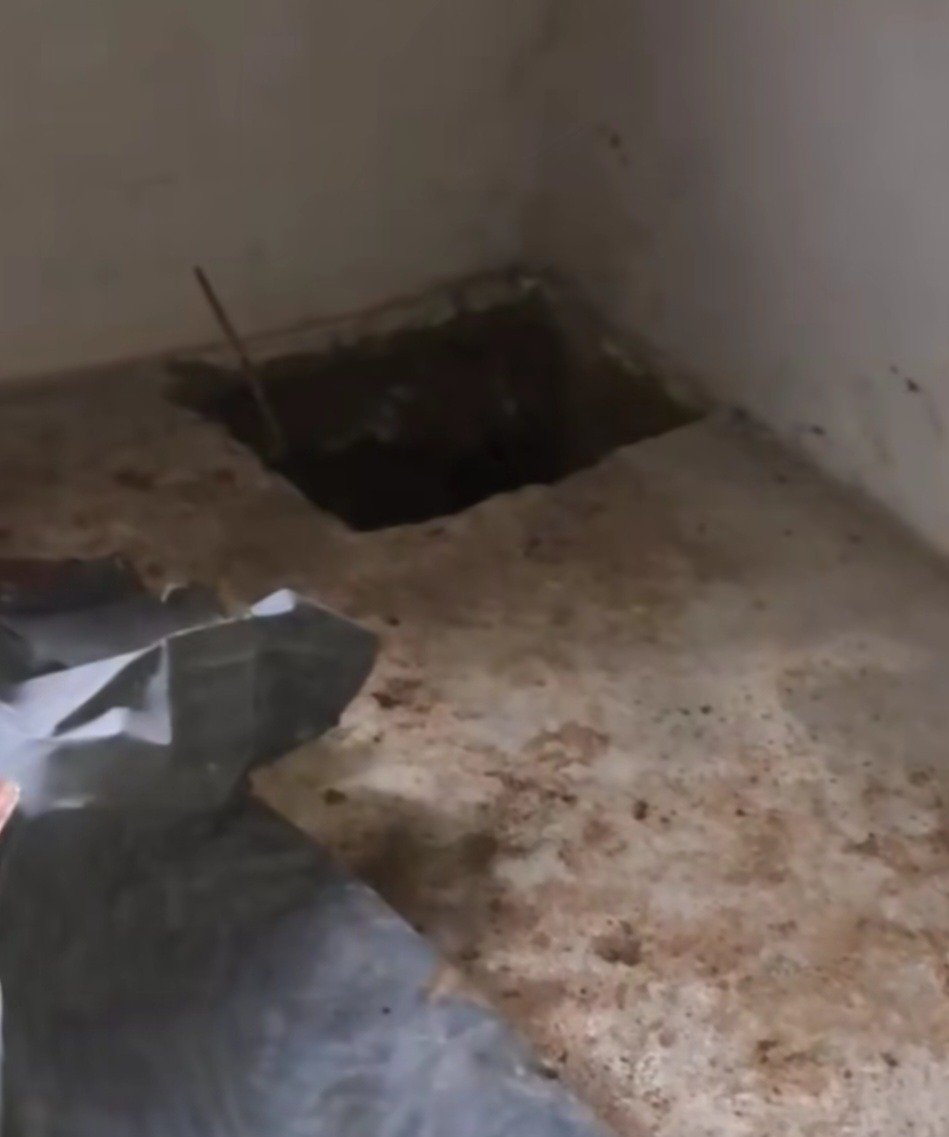FCCC Praises Duavata News for Swift Action in Mistreated Tenant Case
FIJI NEWS


The Fijian Competition and Consumer Commission (FCCC) has commended Duavata News for its quick response and proactive efforts in assisting a tenant allegedly mistreated by his landlord.
The Commission has also urged other media organizations and individuals to take similar action when witnessing such incidents.
The Duavata News team became aware of a video showing a landlord allegedly mistreating a recovering stroke patient who was renting a one-bedroom flat.
The team immediately highlighted the case while also contacting FCCC, providing them with the tenant’s details to ensure he could be assisted.
According to reports, the landlord had allegedly dug holes inside the tenant’s flat, an act that raised serious concerns about housing conditions and tenant rights.
In response to Duavata News’ efforts, FCCC confirmed that they were already investigating the matter and working to assist the affected tenant.
“Upon checking with our team, we had already reached out to the gentleman in the video at midday yesterday, and our enforcement team is working to assist him. We once again thank you for reaching out to us and providing details.
We encourage other media, as well as individuals, to similarly report such instances to us and work with us, since it is a genuine help in our mission to assist Fijian consumers.”
Acting Editor Arnold Chanel reaffirmed Duavata News’ commitment to standing up for those in need.
“As a media organization, we take our responsibility to help the vulnerable very seriously. We were just doing our job.”
Under the Fijian Competition and Consumer Commission Act 2010, landlords are obligated to maintain rental properties in a tenantable state of repair and observe reasonable maintenance standards.
Actions such as digging holes inside a rental unit may be deemed “unconscionable conduct”, which is prohibited under the Act.
The FCCC has previously urged landlords to refrain from mistreatment, especially when dealing with vulnerable tenants, including the elderly, disabled, or those recovering from medical conditions.